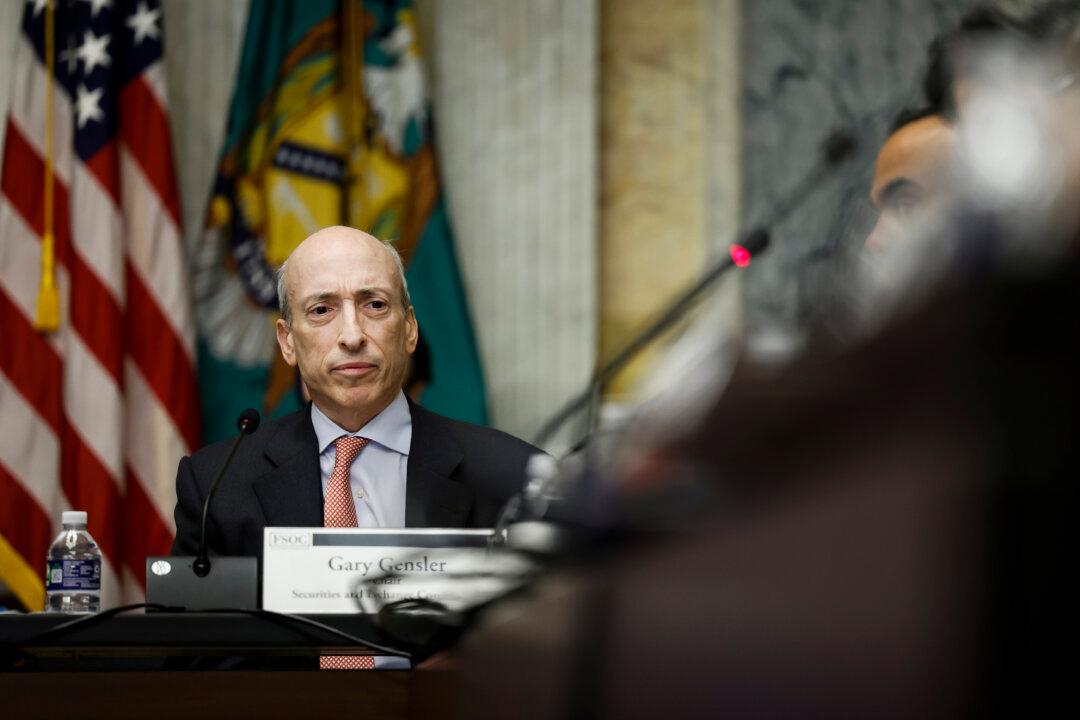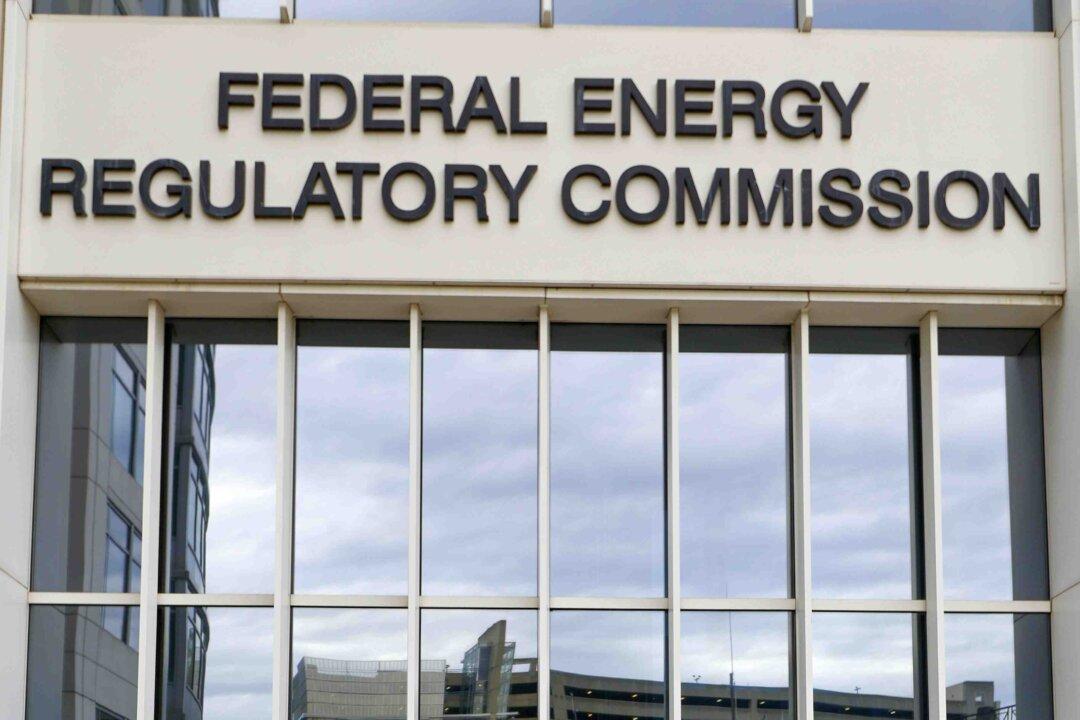President Donald Trump’s efforts to streamline, accelerate, and modernize the environmental review process could curtail abusive litigation practices that undermine economic development and jeopardize national security, according to congressional figures and energy policy analysts.
The 50-year-old National Environmental Policy Act (NEPA), which hasn’t been amended since 1986, has been weaponized by anti-development groups to delay vital federal infrastructure projects and exploited to serve as a tool for excessive litigation to the detriment of America’s military readiness, they argue.





